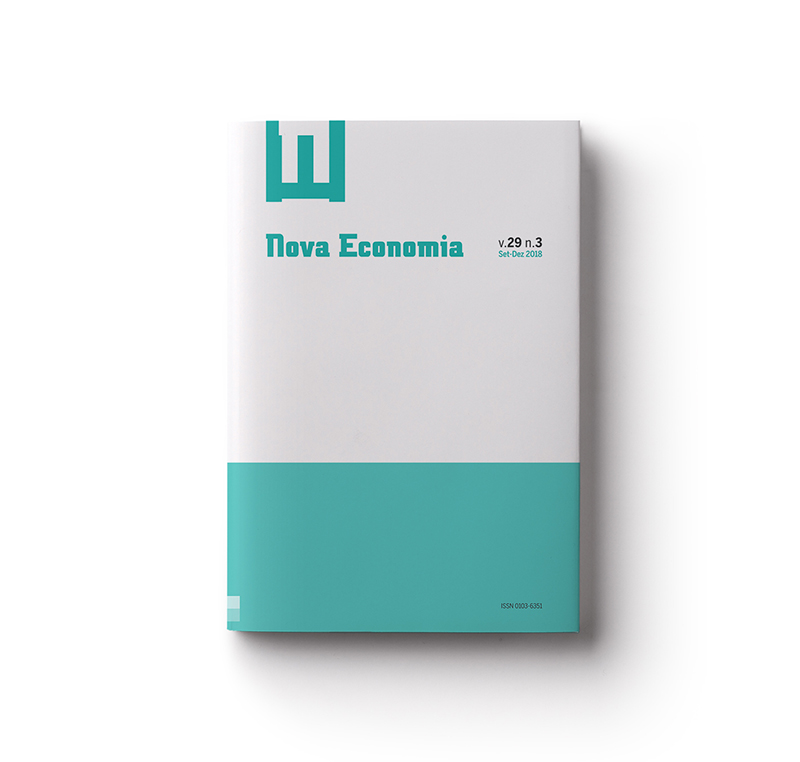Da necessidade e dos limites da exposição dialética das categorias da economia política
Resumo
Este artigo explora a hipótese de que o caráter paradoxal do valor obriga a sua exposição conceitual
a assumir uma forma dialética. Ele mobiliza reflexões de autores vinculados à teoria crítica com o intuito de desvendar o modo de objetividade específico do valor e mostra que a adoção marxiana do método dialético de exposição é motivada pela compreensão de que o valor é, a um só tempo, algo objetivo e imaterial. O artigo examina a relação entre dialética e crítica, mostrando que o método de exposição adotado por Marx permite a ele revelar a historicidade do valor e de suas formas e explicar por que esses elementos aparecem
aos sujeitos como algo natural. Finalmente, argumenta-se que os limites do valor e de suas formas determinam o caráter do método adequado à sua exposição, o qual possui limites que só podem ser ultrapassados sob custo da deformação do seu próprio objeto.
Palavras-chave: teoria do valor, método, dialética, formas sociais.
Downloads
Publicado
Como Citar
Edição
Seção
Licença
Autore[a]s que publicam nesta revista concordam com os seguintes termos:
- Autore[a]s mantém os direitos autorais e concedem à revista o direito de primeira publicação, com o trabalho simultaneamente licenciado sob a Licença Creative Commons Atribuição 4.0 Internacional que permite o compartilhamento do trabalho com reconhecimento da autoria e publicação inicial nesta revista.
- Autore[a]s têm autorização para assumir contratos adicionais separadamente, para distribuição não-exclusiva da versão do trabalho publicada nesta revista (ex.: publicar em repositório institucional ou como capítulo de livro), com reconhecimento de autoria e publicação inicial nesta revista.
- Autores têm permissão e são estimulados a publicar e distribuir seu trabalho online (ex.: em repositórios institucionais ou na sua página pessoal) a qualquer ponto antes ou durante o processo editorial, já que isso pode gerar alterações produtivas, bem como aumentar o impacto e a citação do trabalho publicado (Veja O Efeito do Acesso Livre).




